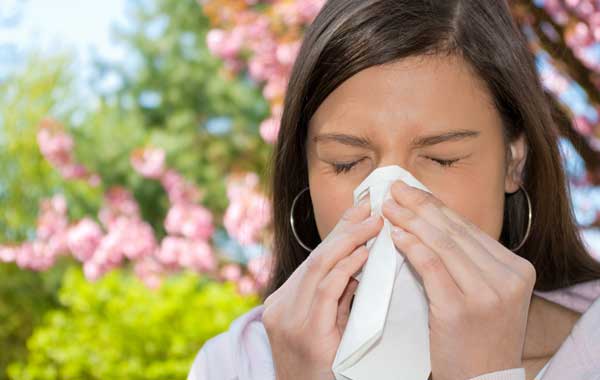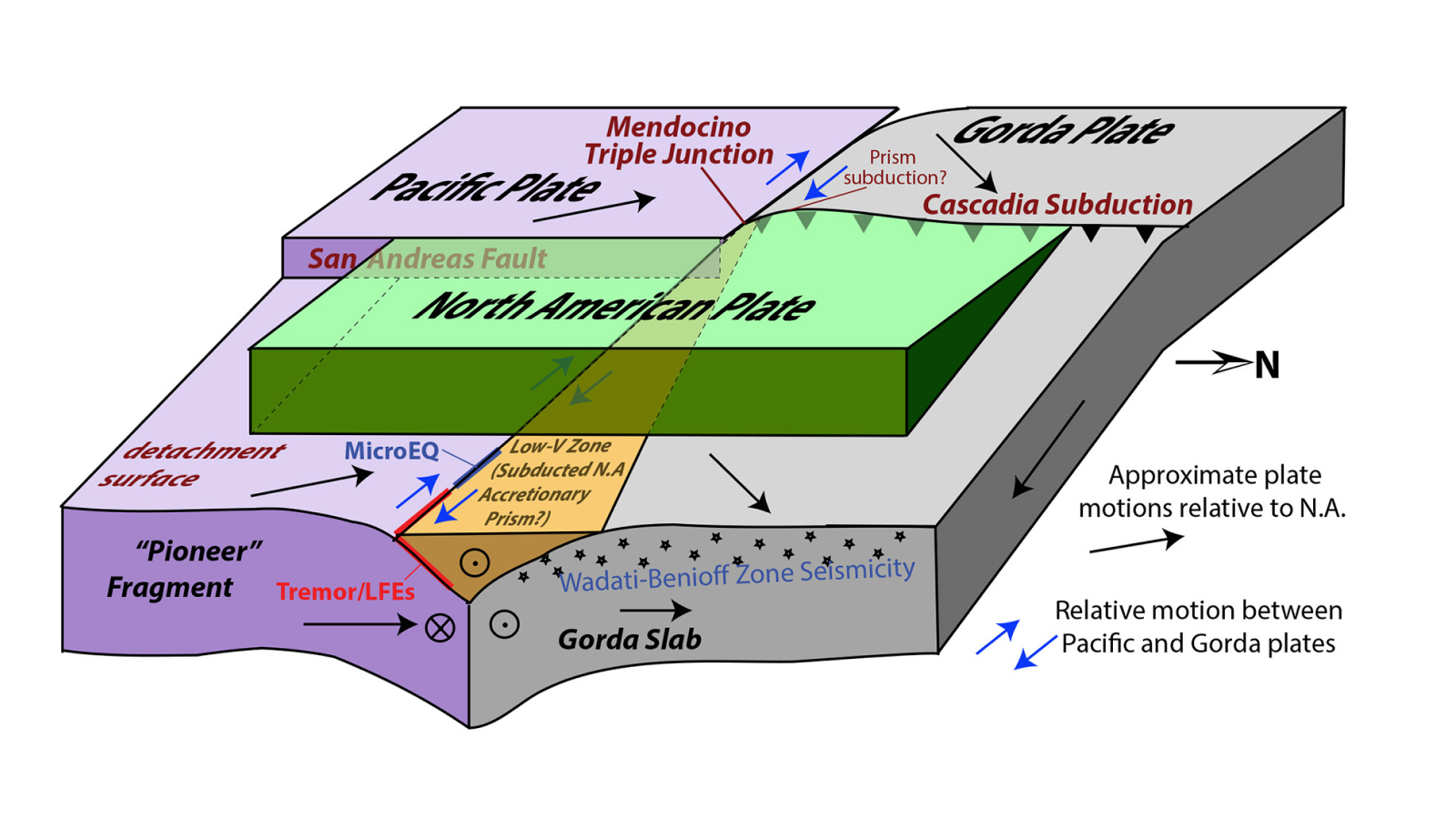Your Allergies Just Might Shield You From Brain Cancer

Finally, allergies may have an upside. People who are prone to the sniffles and sneezes they bring on could have a reduced risk of developing brain cancer, according to a new study.
The results showed that individuals who reported the greatest number of allergies were less likely to develop gliomas, the most common type of brain tumor. And while about 35 percent of patients diagnosed with high-grade gliomas reported having any type of allergy, 46 percent of people without glimoas had an allergy.
While the results are consistent with previous findings that suggested a link between allergies and gliomas, this study was one of a few that examined factors such as the number and types of allergies including seasonal, pet and food, the researchers said.
"It doesn't matter what type of allergy you have, they are all seem to be protective," said study researcher Bridget McCarthy, a research associate professor of epidemiology at the University of Illinois at Chicago.
Cancer and allergies?
Gliomas arise from the nervous system's glial cells, which support the signal-conducting neurons. According to the American Cancer Society, there were an estimated 22,020 new of cases of gliomas and 13,140 deaths from the disease in 2010.
The study began in 2006 with 1,031 participants, ages 18 to 80, including 419 patients diagnosed with glioma and 612 healthy people. The participants reported their medical histories, including allergies diagnoses and antihistamine use.
Get the world’s most fascinating discoveries delivered straight to your inbox.
Researchers found that patients with either high-grade or low-grade gliomas were less likely to report a medically diagnosed allergy compared with the people without gliomas. Of the 75 patients who had low-grade brain tumors, just 20 patients reported having any allergies (27 percent) while of the 612 healthy patients, 282 reported having any type of allergies (46 percent).
The risk of glioma decreased as the number of reported allergies increased, the researchers said.
The researchers also examined reported antihistamine use of the participants. Unlike some previous findings that suggested a relationship between long-term antihistamine use and a increased risk of glioma, they found no significant link.
Guessing about gliomas
These types of studies are difficult to do and may yield conflicting information, said Dr. Jeffrey Raizer, director of the medical neuro-oncology program at the Northwestern University Feinberg School of Medicine in Chicago. "What is not known, is how many patients with allergies go on to develop gliomas compared to those without allergies," Raizer said.
Several theories have attempted to explain the reduced risk of glioma associated with allergies, the researchers said. For example, it's possible that a heightened immune system response in those who have allergies may stall abnormal cell growth, but the cause of this reaction remains unknown.
Future research should move towards finding the reason for this link before treatment options for gliomas can be expanded, McCarthy said.
"If we can find the mechanism, maybe that might counteract the effects of tumor growth in people who might develop a brain tumor," she told MyHealthNewsDaily. "I think finding the mechanism is the key point in getting us further."
Her further studies will continue examining the effects of glioma in a larger study, McCarthy said.
The study will be published today (Feb. 7) in the journal Cancer Epidemiology, Biomarkers and Prevention. The work was funded by the American Brain Tumor Association and by a grant from the National Institutes of Health.
Pass it on: People with allergies may have a lower risk of developing nervous system cancers called gliomas than people without allergies.
- 7 Cancers You Can Ward Off with Exercise
- 10 Dos and Don'ts to Reduce Your Risk of Cancer
- Top 10 Mysterious Diseases
Follow MyHealthNewsDaily on Twitter @MyHealth_MHND.
 Live Science Plus
Live Science Plus





